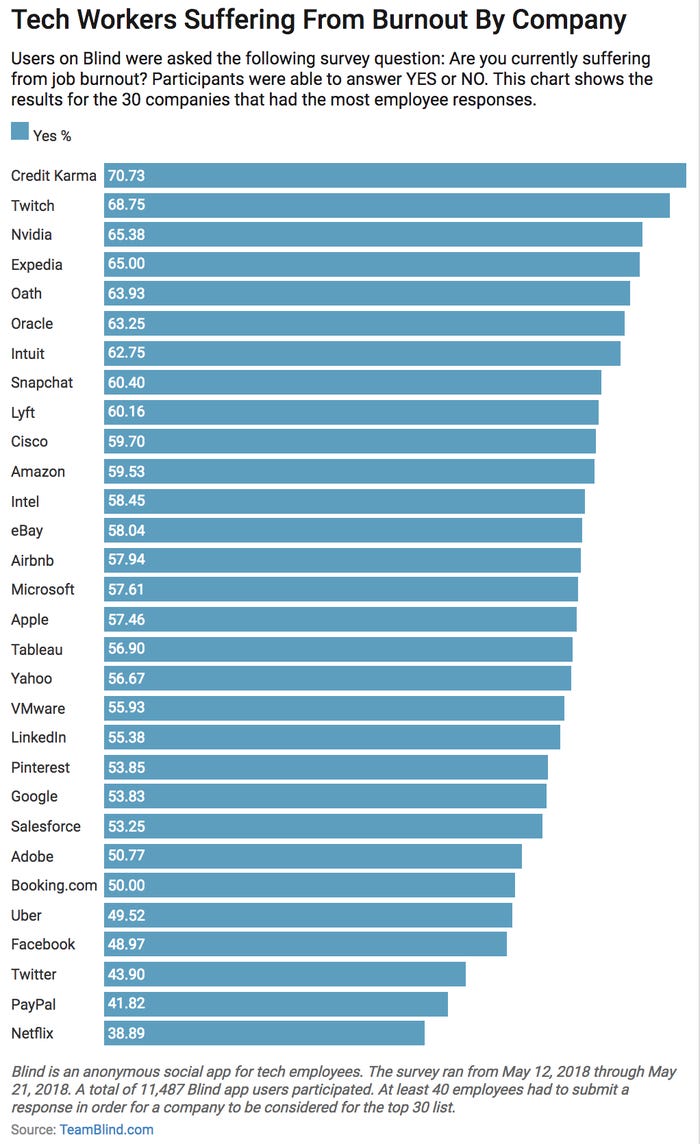This week is Mental Health Awareness week. The initiative spearheaded by the Mental Health Foundation aims to raise awareness and get people talking about mental health. Never has this been more apt. As we battle a global pandemic and deal with unprecedented disruption to our daily lives, mental health is a necessary topic.
Businesses working entirely remotely have been met with a new threat to the mental wellbeing of their staff. With IT teams being so heavily relied upon to facilitate home working they are facing additional pressures. Last year, BIMA published an insights report that revealed tech professionals were experiencing greater Mental Health strain than the nation’s average, for precisely these kinds of reasons. Stress, pressure, and tight deadlines were all thought to contribute to the revelation that tech workers were at least 5 times more depressed than the UK average.
There has been little new data published on the topic this year, as many outlets are focussing their data collection on the Coronavirus. Yet it is hard to imagine that the Coronavirus and lockdown have done much to help the Mental Health of tech professionals.
Of the 3000 tech professionals surveyed by BIMA, 66% reported feeling stressed, with 13% saying the felt this way continually. 52% described experiencing anxiety or depression at some point, with incidences appearing much higher in the neurodivergent (84%) compared to the neurotypical (49%) and more likely to affect women (21%) than men (16%). This problem is not exclusive to the UK either, a 2018 US report by Blind (a workplace app) showed that the employees of Silicon Valley’s tech companies were experiencing a far higher than usual rate of burnout. As many as 73% of employees felt they had experienced burnout at some point.

Nadya Powell, chair of the BIMA Diversity and Inclusion council, said: "The findings of the BIMA Tech Inclusion & Diversity Report compel us to action - it provides a clear sign-post on what to do next. Within the tech sector we have a mental health crisis and discrimination is rife; we must act before more lives are affected.” The BIMA report highlights mental wellbeing as a possible barrier to true diversity in the tech industry, as the neurodivergent, women and BAME people all experienced higher levels of mental health challenges.
The theme for Mental Health Awareness Week this year is kindness. A natural choice perhaps for a world fighting in pandemic, but it is not a theme that can resolve the industry specific challenges we know to exist. Interestingly, during lockdown technology has been hailed as a saviour for wellbeing, from video calls to keep us connected and wellbeing or mindfulness apps to help us cut through the noise.
There has even been a rise in start ups aimed at the problem with global investment in mental health start-ups surging to £500m earlier this year. A new report from Octopus Ventures, one of Europe’s largest venture capital funds, found that over the last six years global funding in this area has rapidly increased from £120m in 2014 to £580m in 2019. The bulk of this investment has been in the US, with Europe’s wellbeing start-up market being slower off the mark, but it is thought to be catching up with new businesses like UnWind, the workplace mental health platform and Flow, the depression headset & app developers.
There is no doubt a natural marriage between these two worlds; new tech solutions to the wellbeing issues in start-up culture, particularly now when we need solutions that can be enacted remotely.
There are also some simple strategies to be mindful of when leading tech teams, that can help to alleviate the common stressors such teams face.
How do I promote mental wellbeing in my tech team?
Stay connected
Many tech teams are accustomed to flexible working and even working remotely so it can be tempting to just leave your team to their devices. Remember that these are unusual times and so more face time may well be of value, if not for increased productivity then for support and wellbeing.
Set priorities
Everything can feel urgent in a crisis, and inhouse IT teams in particular may be pulled in a number of different directions by internal customers with competing priorities. Your role as leadership is to establish what is actually a priority and communicate that to the rest of the business too.
Switch off
With so many people working from home full time and not being able to go out for social activities, home has become not just the centre, but the extent of our world. Encourage your team members to draw a hard line between personal time and work time. It might be useful to have access to them at all hours, but it will only lead to burnout.
Be kind
Going back to the theme of this year’s Mental Health Awareness week, kindness goes a long way. Kindness from leadership is all the more impactful. Whether it is an impromptu ‘how are you?’ call or encouraging them to take time off when they need it, if your employees feel they can come to you when things are hard, your team will be stronger for it.






